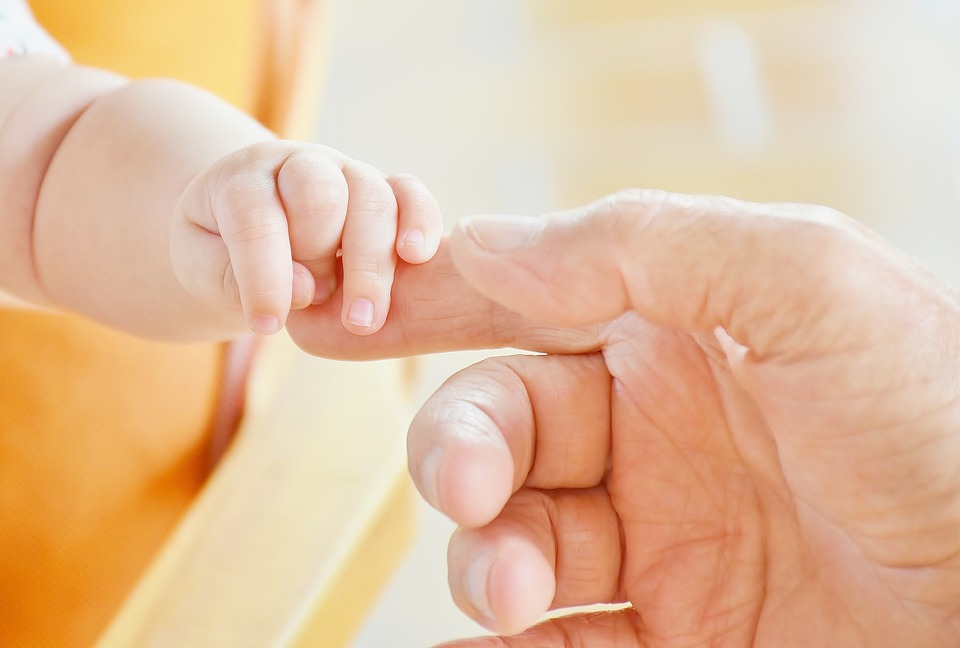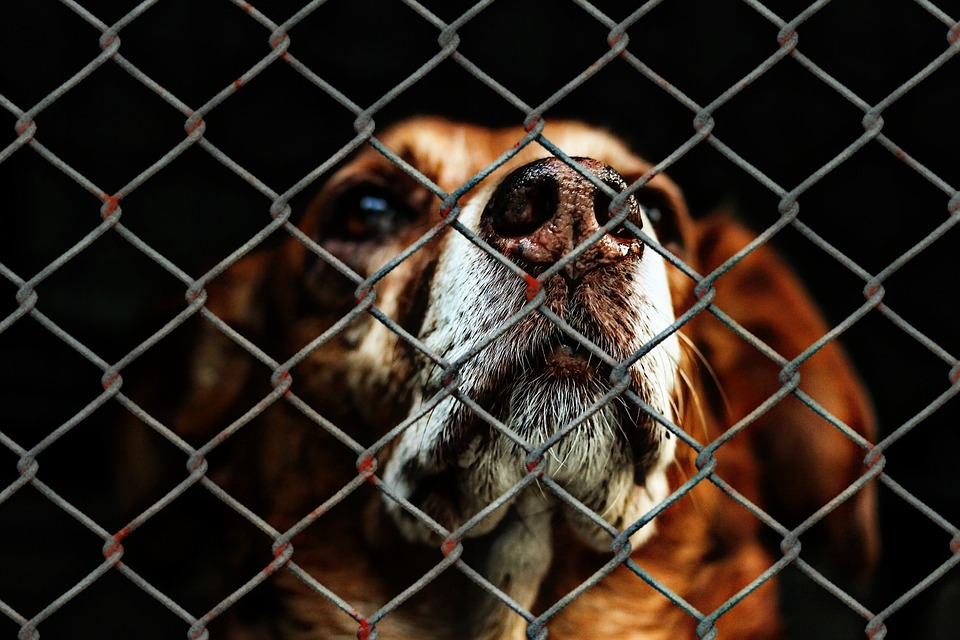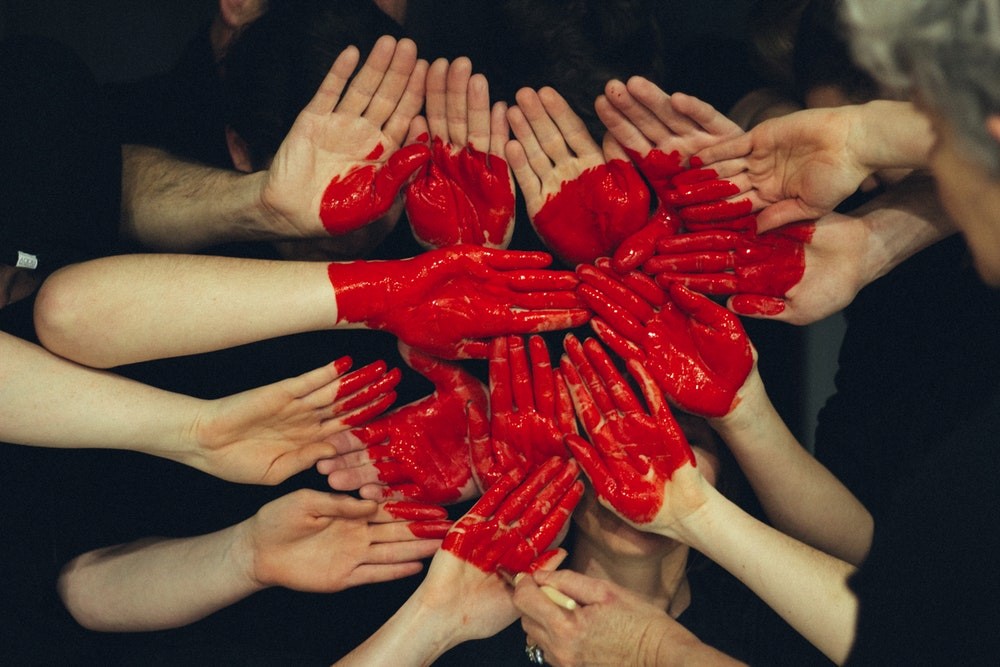As an Internist at Penn Medicine Princeton Health Physicians at the Penn Medicine Princeton Medical Center, I’m fortunate to also be the Medical Director of the Bristol-Myers Squibb Community Health Center. Recently, we accepted a generous donation from the Provident Bank Foundation to support our Diabetes Program at the Health Center.
A Bit About Bristol-Myers Squibb Community Health Center
For those who are uninsured or underinsured, getting sick is more than just a quick trip to the doctor’s office. These individuals can end up with medical bills they may be unable to pay, and as doctors, we want to provide quality care regardless of insurance status. The mission of the Bristol-Myers Squibb Community Health Center is to provide comprehensive healthcare to those uninsured or underinsured in the communities of Mercer and Middlesex Counties. We also put a focus on providing mental health services for patients whose physical illnesses can be worsened by mental health issues.
Diabetes Program
The Diabetes Program at our health center empowers diabetic individuals in our community to maintain control of their disease through education, diet and exercise. Diabetes is a serious medical condition for millions throughout the country which causes blood sugar to spike, and must be closely monitored. In our program alone, there are over 500 patients enrolled with that number expected to rise.
We are incredibly grateful to the Provident Bank Foundation, who has granted more than $22 million over the years to nonprofits and institutions who work to build more resilient communities.




